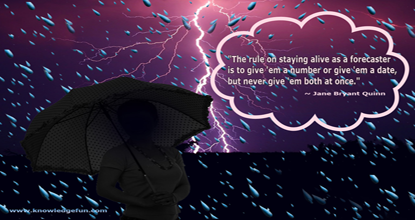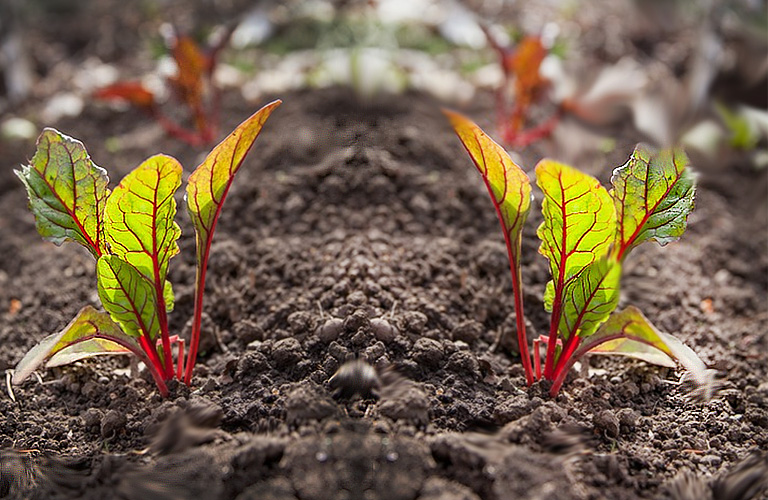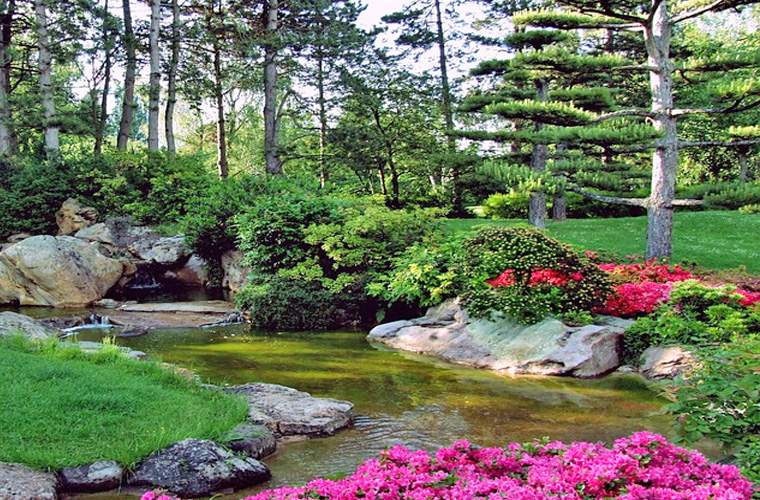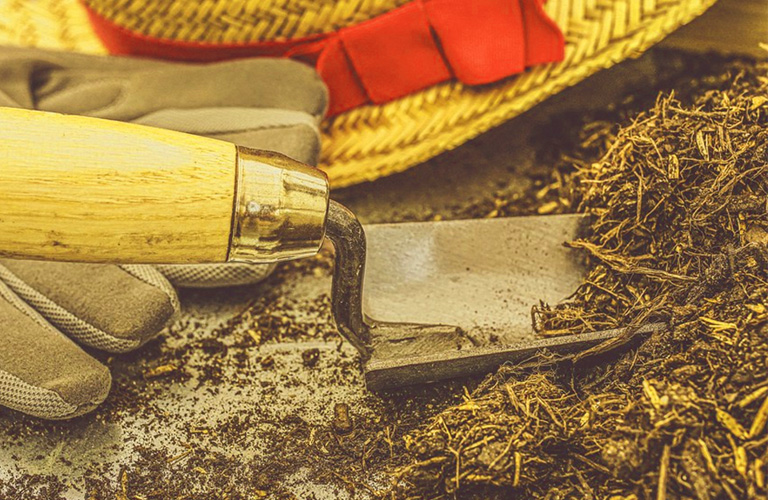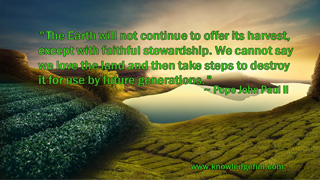Whatever its varied chemistry, all humus is brown or black, has a fine, crumbly texture, is very light-weight when dry, and smells like fresh earth. It is sponge-like, holding several times its weight in water. Like clay, humus attracts plant nutrients like a magnet so they aren't so easily washed away by rain or irrigation. Then humus feeds nutrients back to plants. In the words of soil science, this functioning like a storage battery for minerals is called cation exchange capacity. More about that later.
Most important, humus is the last stage in the decomposition of organic matter. Once organic matter has become humus it resists further decomposition. Humus rots slowly. When humus does get broken down by soil microbes it stops being organic matter and changes back to simple inorganic substances. This ultimate destruction of organic matter is often called nitrification because one of the main substances released is nitrate—that vital fertilizer that makes plants grow green and fast.
Probably without realizing it, many non-gardeners have already scuffed up that thin layer of nearly pure humus forming naturally on the forest floor where leaves and needles contact the soil. Most Americans would be repelled by many of the substances that decompose into humus. But, fastidious as we tend to be, most would not be offended to barehandedly cradle a scoop of humus, raise it to the nose, and take an enjoyable sniff. There seems to be something built into the most primary nature of humans that likes humus.
In nature, the formation of humus is a slow and constant process that does not occur in a single step. Plants grow, die and finally fall to earth where soil-dwelling organisms consume them and each other until eventually there remains no recognizable trace of the original plant. Only a small amount of humus is left, located close to the soil's surface or carried to the depths by burrowing earthworms. Alternately, the growing plants are eaten by animals that do not live in the soil, whose manure falls to the ground where it comes into contact with soil-dwelling organisms that eat it and each other until there remains no recognizable trace of the original material. A small amount of humus is left. Or the animal itself eventually dies and falls to the earth where... .
Composting artificially accelerates the decomposition of crude organic matter and its recombination into humus. What in nature might take years we can make happen in weeks or months. But compost that seems ready to work into soil may not have quite yet become humus. Though brown and crumbly and good-smelling and well decomposed, it may only have partially rotted.

When tilled into soil at that point, compost doesn't act at once like powerful fertilizer and won't immediately contribute to plant growth until it has decomposed further. But if composting is allowed to proceed until virtually all of the organic matter has changed into humus, a great deal of biomass will be reduced to a relatively tiny remainder of a very valuable substance far more useful than chemical fertilizer.
For thousands of years gardeners and farmers had few fertilizers other than animal manure and compost. These were always considered very valuable substances and a great deal of lore existed about using them. During the early part of this century, our focus changed to using chemicals; organic wastes were often considered nuisances with little value. These days we are rediscovering compost as an agent of soil improvement and also finding out that we must compost organic waste materials to recycle them in an ecologically sound manner.

